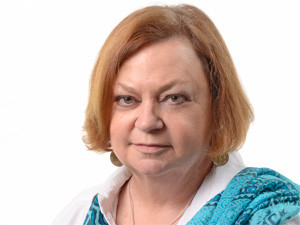
The Department of Communications (DOC) and stakeholders in the digital television process are engaged in discussions, which are at a sensitive stage, to sort out outstanding issues.
Communications minister Yunus Carrim said early last month that the department would meet with broadcasters and the industry to sort out the issues holding up digital migration. Although government is ready, the issue of conditional access has been held up.
Digital television was meant to turn on almost a year ago, but was delayed by a court battle over conditional access. The set-top box control encryption system is intended to protect the local decoder market, and prevent theft of boxes.
Etv took former minister Dina Pule to court over her decision to appoint Sentech to handle the issue of conditional access. The free-to-air broadcaster won its bid and the department later dropped its appeal against the ruling.
Pule had indicated conditional access may be reviewed, and the meetings aim to sort out these issues, said the new minister. The department has previously indicated digital television would be turned on this year.
Too early to talk
Siya Qoza, departmental spokesman, says it is engaged in a "facilitated" process to determine if consensus can be achieved on conditional access. "These negotiations are sensitive. It was agreed that none of the parties would comment at this stage."
Another issue seems to be a deal the South African Broadcasting Corporation (SABC) has with MultiChoice, which stops the public broadcaster from transmitting its channels over an encrypted network.
Qoza did not clarify what impact this will have on migration. The Democratic Alliance's shadow minister of communications, Marian Shinn, says clarity is needed on the deal to make sure it does not hamper migration.
Moving to digital television will free up spectrum - the so-called digital dividend - which can be used to rollout long-term evolution in built-up areas.
Qoza says once there are significant outcomes from the meeting, a statement will be made after all the parties are consulted. "It would undermine the prospects of securing a measure of consensus if we were to make public statements prematurely."
However, Qoza notes conditional access is holding up migration. "What is clear is that the facilitated process was long overdue."
Government is ready and working towards the International Telecommunication Union's mid-2015 deadline - when analogue broadcast will be stopped - says Qoza. He notes the state "can't do it on our own".
Share